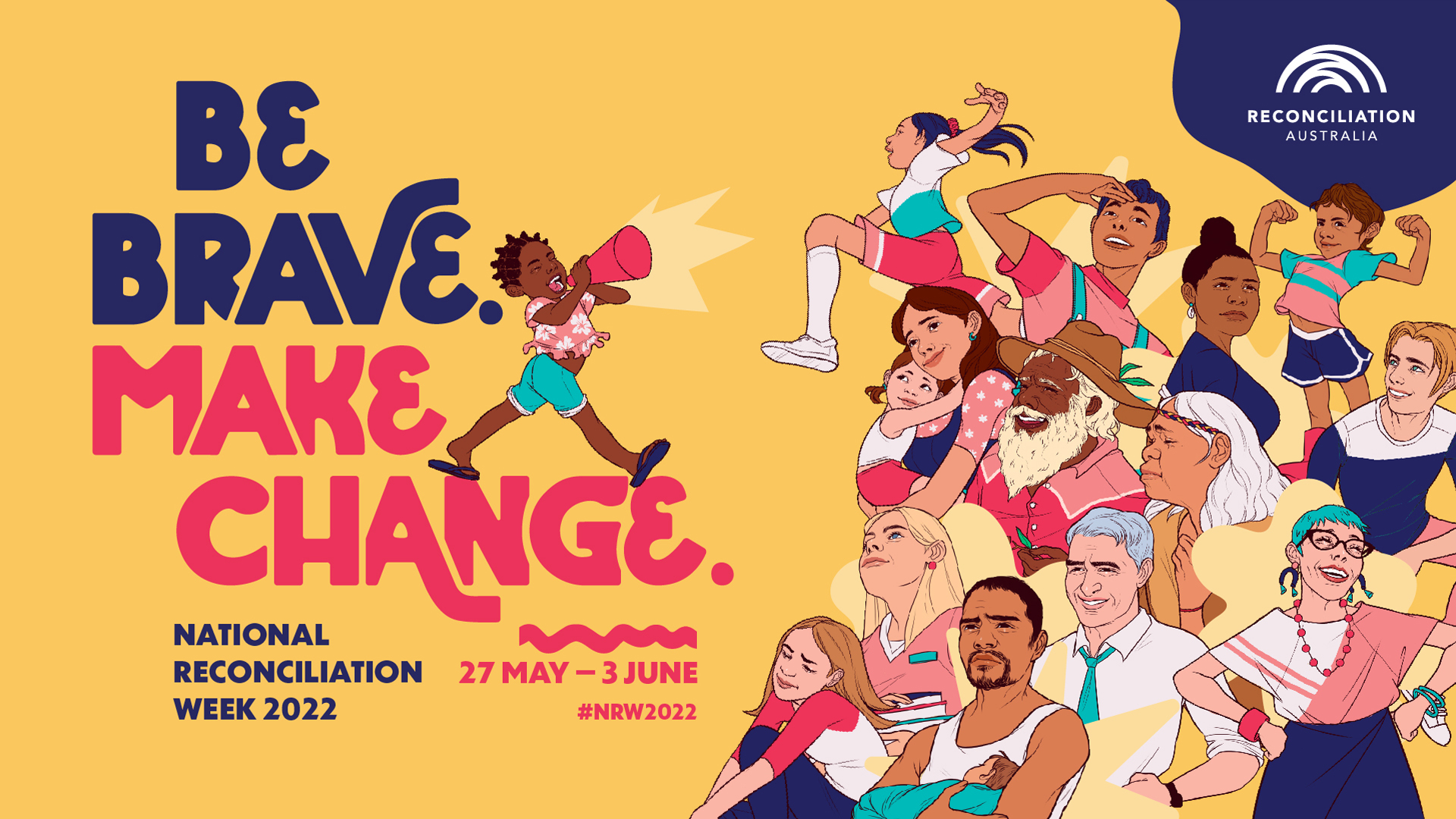From Kalina Morgan-Whyman, CEO, Elizabeth Morgan House Aboriginal Women’s Service Inc.
This National Reconciliation Week, we are reminded that we need to ‘Be brave. Make change.’
It has never been more important for Aboriginal women and children to have allies in our ongoing efforts to advocate for their human rights. The statistics are shocking:
- Aboriginal and Torres Strait Islander women are 5 times more likely to be victims of homicide than other Australian women. More than half (55 per cent) of these homicides are related to family violence.
- Aboriginal women constitute 34% of the female prison population and are only 2% of the general population.
- 87% of Victorian Aboriginal women in prison are themselves a victim of sexual, physical or emotional abuse.
- Aboriginal children are taken from their families by child services at 8 times the rate of non-indigenous children.
Getting help is difficult because of a lack of cultural appropriateness in many services, and fears from Aboriginal women that access to support leads to interacting with a system that would remove their child or lead to further violence. Everyday, our case workers are supporting women and children through a system that discriminates and further traumatises them. Aboriginal women and children need culturally appropriate services so they are safe and can heal.
We are seeing how Aboriginal women are treated in the news at the moment, with the latest coronial enquiry into an Aboriginal woman’s death in custody. We hear stories of a lack of medical care and inhumane treatment all the time. Aboriginal women incarcerated in Victoria receive grossly inadequate healthcare. This failure is causing preventable and treatable illnesses to become chronic, and in too many cases, is directly resulting in the deaths of Aboriginal women.
There must be change.
Elizabeth Morgan House Aboriginal Women’s Service (EMH) is Aboriginal-led, for Aboriginal women and children. We remain the only high-security refuge for Aboriginal women in the state, with accommodation for just four families at one time – not nearly enough to accommodate the referrals received.
EMH is committed to advancing the International Human Rights principles for our women and their children. The safety of women is paramount, and we seek to address power, systems, structure, gendered inequality and discrimination that exists and impacts our Aboriginal women.
EMH is taking up the challenge with an ambitious agenda to provide leadership in this space. There are ways you can help:
Donate to us here: https://www.givenow.com.au/elizabethmorganhouse.
Add Aboriginal women’s voices to your work – contact us to find out how.
Follow us across social media and help spread the message that Aboriginal are strong, resilient, wise and brave. Reach out to find more ways to partner with us.
Page last updated Monday, May 30 2022









